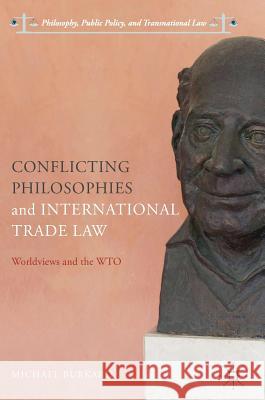Conflicting Philosophies and International Trade Law: Worldviews and the Wto » książka
topmenu
Conflicting Philosophies and International Trade Law: Worldviews and the Wto
ISBN-13: 9783319610665 / Angielski / Twarda / 2017 / 442 str.
Conflicting Philosophies and International Trade Law: Worldviews and the Wto
ISBN-13: 9783319610665 / Angielski / Twarda / 2017 / 442 str.
cena 501,19 zł
(netto: 477,32 VAT: 5%)
Najniższa cena z 30 dni: 497,71 zł
(netto: 477,32 VAT: 5%)
Najniższa cena z 30 dni: 497,71 zł
Termin realizacji zamówienia:
ok. 20 dni roboczych.
ok. 20 dni roboczych.
Darmowa dostawa!
Kategorie BISAC:
Wydawca:
Palgrave MacMillan
Seria wydawnicza:
Język:
Angielski
ISBN-13:
9783319610665
Rok wydania:
2017
Wydanie:
2018
Numer serii:
000478468
Ilość stron:
442
Waga:
0.70 kg
Wymiary:
21.01 x 14.81 x 2.54
Oprawa:
Twarda
Wolumenów:
01
Dodatkowe informacje:
Wydanie ilustrowane











